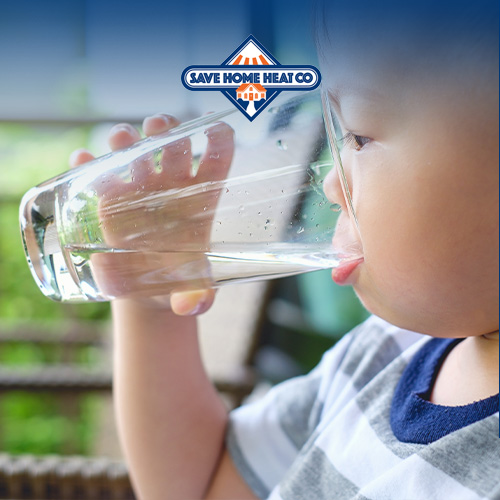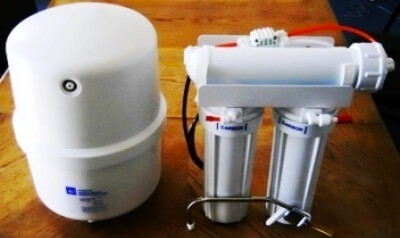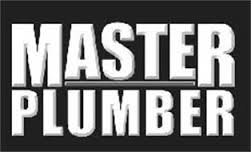Denver-Boulder Residential Water Quality and You
While it may not be at the forefront of your daily concerns, the quality of the water in your home is still something you should give some thought to. After all, you depend on your residential water supply for many different tasks every day! Most of the time, our municipal water systems in the Denver-Boulder metro area do a darn good job of supplying well-monitored and expertly maintained water for domestic use in our communities.
Our municipal water supply regularly meets current federal standards for a wide variety of potential contaminants, and while the levels of various substances in our water has been known to fluctuate, our domestic water supply is seen as generally high quality. Does that mean that the water we currently drink, cook and bath with will meet potentially revised standards ten years from now? Of course, that’s not a question that can be answered in this article.
What’s In Your Water?
 There’s no need to panic – federal standards for domestic water safety is not a new concept. Our agencies and their scientists have been steadily learning about our water supply for many decades and every time standards and procedures are updated, our water quality improves further. An overriding question with regard to water quality standards, however, is whether the current minimum acceptable levels of certain contaminants are adequate to safeguard ourselves and our families in both the short and the long term. Again, this is an open-ended discussion.
There’s no need to panic – federal standards for domestic water safety is not a new concept. Our agencies and their scientists have been steadily learning about our water supply for many decades and every time standards and procedures are updated, our water quality improves further. An overriding question with regard to water quality standards, however, is whether the current minimum acceptable levels of certain contaminants are adequate to safeguard ourselves and our families in both the short and the long term. Again, this is an open-ended discussion.
Very low levels – but acceptable under current standards – of undesirable contaminants such as pesticides, plant hormones, sulfate, and phosphorous, and many more, can potentially find their way into your water supply. This illustrates that our water is not 100% crystal clear, and suggests that it probably makes sense for you to look closer at what’s in your water. At that point, it may or may not make sense for you to consider a whole-house water treatment system to provide an additional level of protection for your home’s water supply.
Homes With Wells Could Be Facing Issues, Too
And then there’s homes in our communities that are ‘off the water grid,’ so to speak. Located in the nearby foothills or in semi-rural areas around the Denver-Boulder area, water quality concerns for these homes could range from elements left over from mining days, to very hard or even sandy water, to a variety of other sources related to the local water table or agricultural presence, and more. The list can be significant.
Substances that could be found in your water:
- Chlorine (fairly common, from municipal treatment)
- Calcium carbonate (aka. ‘hardness,’ also common)
- Organic chemicals
- Pesticides
- Carbon
- Sulfate
- Phosphorous
- Arsenic
- Lead
- Fluoride
- And more
What Can I Do About My Water Quality?
Our experienced team at Save Home Heat Company offers in-house as well as outside laboratory water testing services to provide you a detailed analysis of what is in the water you use on a daily basis. This valuable insight will provide the information needed to help determine if it makes sense for you to look closer at water treatment options.
 Depending on the nature of your water quality, Save Home Heat Company supplies a range of whole-home water quality solutions. Our skilled plumbing team installs quality whole-house water softeners, as well as inline filtration systems. Water softeners reduce hardness in your water, preventing scale buildup on and inside of a wide variety of household appliances such as faucets, bathtubs, sinks, automatic water valves in refrigerators, ice makers, dishwashers, washing machines, and more.
Depending on the nature of your water quality, Save Home Heat Company supplies a range of whole-home water quality solutions. Our skilled plumbing team installs quality whole-house water softeners, as well as inline filtration systems. Water softeners reduce hardness in your water, preventing scale buildup on and inside of a wide variety of household appliances such as faucets, bathtubs, sinks, automatic water valves in refrigerators, ice makers, dishwashers, washing machines, and more.
 A whole-house inline water filtration system can provide a wide variety of advanced filtration and contaminant removal processes, the specific product determined by the nature of the contaminants being addressed. Depending on your water quality issues or concerns, our experienced team of plumbers may recommend just one or a combination of both of the above products.
A whole-house inline water filtration system can provide a wide variety of advanced filtration and contaminant removal processes, the specific product determined by the nature of the contaminants being addressed. Depending on your water quality issues or concerns, our experienced team of plumbers may recommend just one or a combination of both of the above products.
A brief word on point-of-use water filters: There are some good products out there that can absolutely improve the quality of the water you get at the tap, but they may be somewhat limited in what they can remove. In addition, they do not provide whole-house protection, which still may leave you exposed to potential issues in areas where they’re not in use.
Denver-Boulder Water Quality Pros





